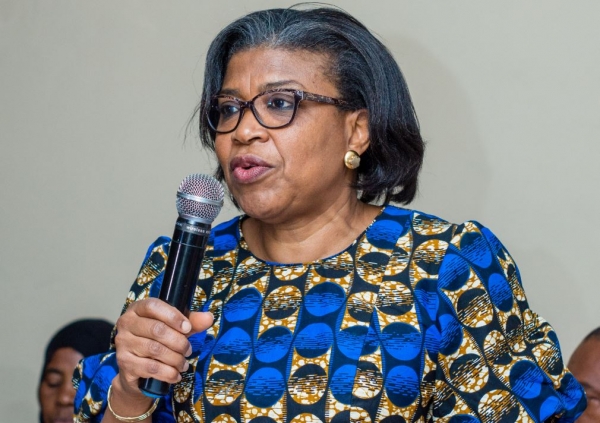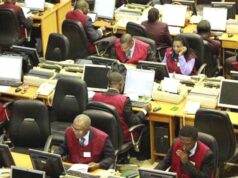The House of Representatives Committee on Aids, Loans and Debt Management, on Monday, grilled the Director-General of the Debt Management Office (DMO), Patience Oniha, over rise in domestic debts totalling N3.3 trillion in 2023.
The chairman of the committee, Ahmed Safana, expressed surprise at the astronomical increase in debt profile of the country through borrowing by the government.
The committee rejected continuous borrowing by the Federal Government.
“There is a huge increase in domestic and external debts from borrowed funds by the Federal Government and the DMO is entrusted with role of ensuring frequency of repayment,” the lawmaker said.
He said there was N1trillion increase in the debt profile of the country in the last one year, while calling on DMO, as relevant agency, to halt the frequency of borrowings.
The DG stated that the domestic debt profile of the country stood at N3.685 trillion, noting that there was another N2.57 billion from external borrowing by the government.
READ ALSO: APC senatorial ticket: Akpabio seeks redress at Supreme Court
The committee said borrowings by the government at any level must be tied to specific projects and demanded details of the N3.55 trillion earmarked for borrowing in 2023 budget.
At the budget session, a member of the Committee, Emeka Azubogu (Anambra-PDP), decried frequent borrowings while others demanded details of the personnel cost of the agency and the number of its employees.
Another member of the committee, Steve Azaiki (Bayelsa-PDP), advised the Federal Government to engage consultants to be able to access funds from the $70 billion climate change funds in the USA.
Promise Dike (Rivers-PDP) demanded that the agency should submit to the committe all details of assets sold, payment made and outstanding debts owed to the agency under privatisation.
Responding, Oniha said domestic debt profile rose from N3.2 trillion in 2022 to N3.3 trillion in 2023 due to high interest rate from borrowed funds from domestic and international sources of funds.
She said borrowing was a collective responsibility and there was need for the parliament to look at borrowing of funds by the government from macro-economic perspectives.
- FG signs $328m contract with Chinese firm to boost power supply - April 9, 2025
- Ibas appoints new heads for Rivers civil service, LG commissions - April 9, 2025
- Buhari to APC govs: Adopt citizen-centric approach for Nigeria’s progress - April 9, 2025








